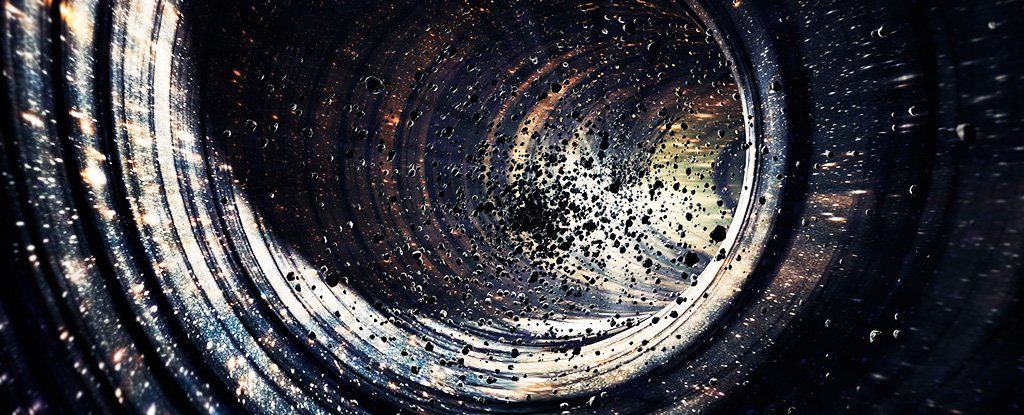A rare earth element that doesn’t get much mention could become the key to upgrading atomic clocks to become even more accurate. This could help us explore space and track satellites, and even keep the world’s time zones in sync.
Atomic clocks use the oscillations of atoms under laser fire as a measurement of time, in the same way a grandfather clock uses the swing of a pendulum. They can lose less than a second over 50 million years, depending on the elements used — but scientists want even greater accuracy.
That’s where lutetium (Lu) comes in. It offers both a higher level of stability and a higher degree of precision than the caesium or rubidium of today’s atomic clocks, according to a team of researchers from the Centre for Quantum Technologies (CQT) in Singapore.
